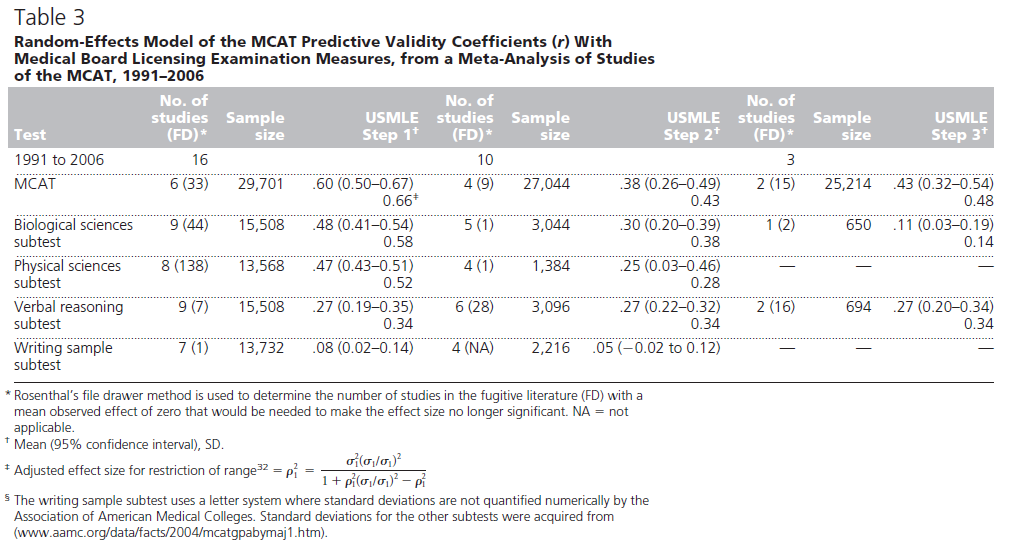- Joined
- May 21, 2016
- Messages
- 1,009
- Reaction score
- 829
For instance, I have a 503 (125,127,127,124) and already have two DO IIs. I remember reading somewhere that schools look at B/B and CARS more than the others because the biology closely resembles how well they will be able to comprehend the medical curriculum, while CARS is a representation of raw analytical and thinking skills.
Is there any truth to this, or is it just internet Hearsay? I'm skeptical as always, so opinions are welcome.
Sent from my iPhone using SDN mobile
Is there any truth to this, or is it just internet Hearsay? I'm skeptical as always, so opinions are welcome.
Sent from my iPhone using SDN mobile




